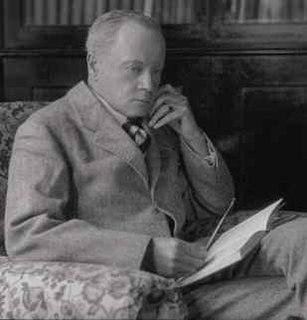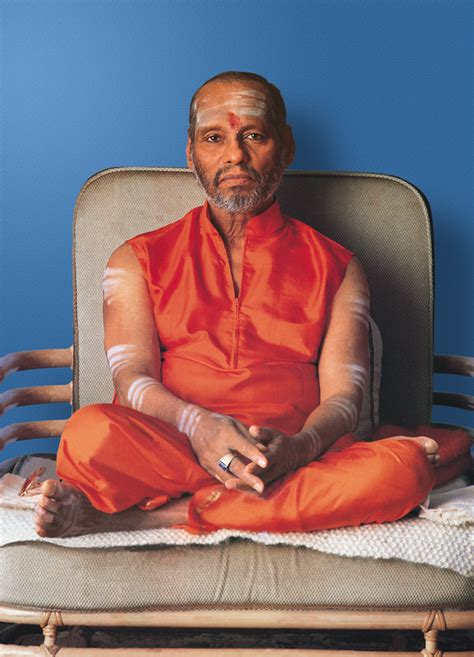A Quote by Frederick Lenz
Initially the student, in some traditions, is given a mantra, a particular word of power to focus on. While thoughts are cascading through your mind during meditation, you should be absorbed in the repetition of a mantra.
Quote Topics
Related Quotes
Transcendental meditation is like a car, a vehicle that allows you to go within. It's a mental technique. You're given a mantra - the mantra that Maharishi gives is very specific, and you start to dive into subtler levels of mind, subtler levels of intellect. You transcend the whole show, into pure bliss consciousness. From your first meditation, you say, "Whoa!" It's a unique experience, but a familiar experience.
Transcendental meditation is one particular form of mantra meditation that allows your mind to experience progressively abstract fields of awareness. And ultimately you settle down in the space between your thoughts. The space between your thoughts is pure consciousness, and it's a field of possibilities. It's a field of creativity. It's a field of correlation. It's also a field of uncertainty. It's also a field where intention actualizes its own fulfillment. So that meditation allows you to contact this field, which is very primordial - the ground state of our existence.
It is a good practice to write at least on page of mantra daily. Many people get better concentration by writing than by chanting. Try also to inculcate in children the habit of chanting and neatly writing the mantra. This will help to improve their handwriting, too. The book in which the mantra is written should not be thrown around; it should be carefully kept in our meditation or shrine room.
The word mantra comes from two Sanskrit words man, ("to think") and tra ("tool'). So the literal translation is "a tool of thought." And that's how mantras are used in Buddhist and Hindu practices, as tools that clear your mind of distractions. Because when you focus on repeating that mantra over and over again, soon the noise will die down and all you will hear is your inner voice.
Meditation gives you two things: equanimity and creativity. And it does that by taking one from their conscious mind, where there's all that noise and chaos and so on, into the subconscious mind where there's quiet and where creativity emanates from. You have a mantra, and when you repeat it over and over again, all those thoughts go away because you shift them to that mantra. And then eventually that sound disappears, and then you're left not conscious or unconscious - you're left in this subconscious state, and by opening that up, first of all you get control of it.



























